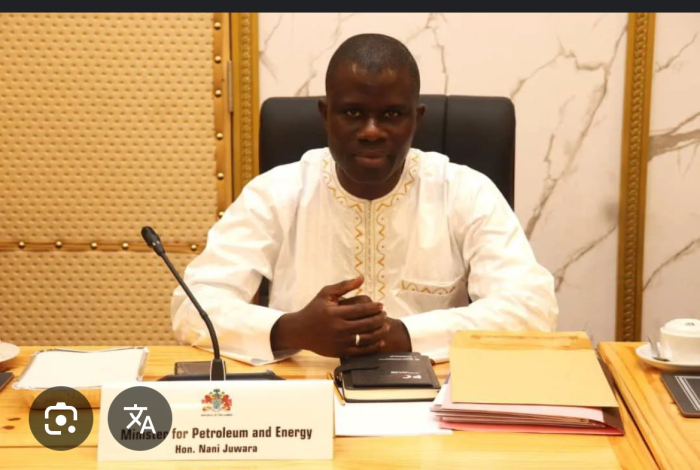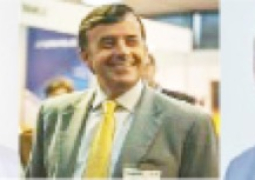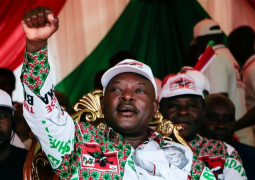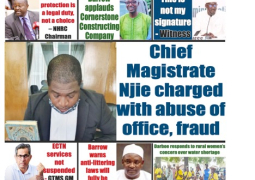
The Petroleum Ministry denounced the allegation as not only “misleading” but also lacking any basis in technical or scientific fact.
According to its statement below, such claims are unfounded and risk spreading misinformation among the public.
“The Ministry of Petroleum, Energy and Mines is aware of inflammatory audios that contain false and unsubstantiated information regarding the oil and gas prospects of The Gambia. We strongly reject the claims and allegations that Senegal is siphoning oil and gas resources of the country. This is not only misleading but not grounded in any technical or scientific facts.
It is essential for the public to understand that “Exploration” refers to the process of searching for oil, while “Extraction” is the actual removal of oil from the ground. Extraction occurs only after exploration has confirmed the quality, quantity and economic viability of the oil & gas resources.
Although The Gambia has been exploring for oil for many years, it has not yet made any discoveries. As a result, the country cannot move on to the next phase, which involves further evaluating the oil and gas resources, including their economic potential. Thus, we are continuing our exploration efforts, with the view to drilling more wells for potential discovery in the near future.
It may interest the public to know that the Sangomar oilfield's major breakthrough began with the successful drilling of the SNE-1 exploration well in November 2014. This discovery was subsequently followed by a series of appraisal wells, including SNE-2, SNE-3, SNE-4, and BEL-1, which were drilled between 2015 and 2016 to assess the field's potential. This timeline means that the Senegalese discovery happened before the government of President Barrow came into power.
Since the 1960s, only five exploration wells have been drilled in The Gambia, two onshore and three offshore. Two of the offshore wells were commissioned recently by FAR Ltd in 2019 and 2021. In contrast, Senegal has conducted 49 offshore drillings in the Sangomar area to find oil and gas. There are countries that have drilled twice that number of wells before a discovery is made.
While oil and gas reserves can sometimes straddle the borders of countries, like in the case of Mauritania and Senegal, negotiations for fair resource sharing—known as unitization—are necessary. This is done under clearly established international rules to deal with resource sharing and joint development.
It is important to mention that the last well drilled by FAR (in 2021) was about 500 metres away from the border with Senegal. This was a deliberate attempt to see if we have oil around the areas Senegal discovered oil. Unfortunately, from that well, there was no discovery warranting a conversation on joint resource development or sharing at the time. No exploration well has been drilled since then.
Consequently, The Gambia and Senegal cannot initiate such negotiations because The Gambia has not yet made any discoveries near the border that would warrant such negotiations.
Meanwhile, our seismic data acquisition and interpretation continue to gather momentum. It is crucial to emphasize that seismic data and well data are confidential and extremely valuable to be shared publicly.
These details must not be shared with anyone unless authorised parties and licensed partners, within the framework of signed data sharing agreements for oil exploration and exploitation, request access. We continue to encourage investment in The Gambia’s oil blocks, which has culminated in receiving expressions of interest from various oil companies for our acreages.
Finally, we urge the public to disregard these unfounded allegations, incendiary statements and recognize the importance of factual and informed discussions regarding our natural resources.”




